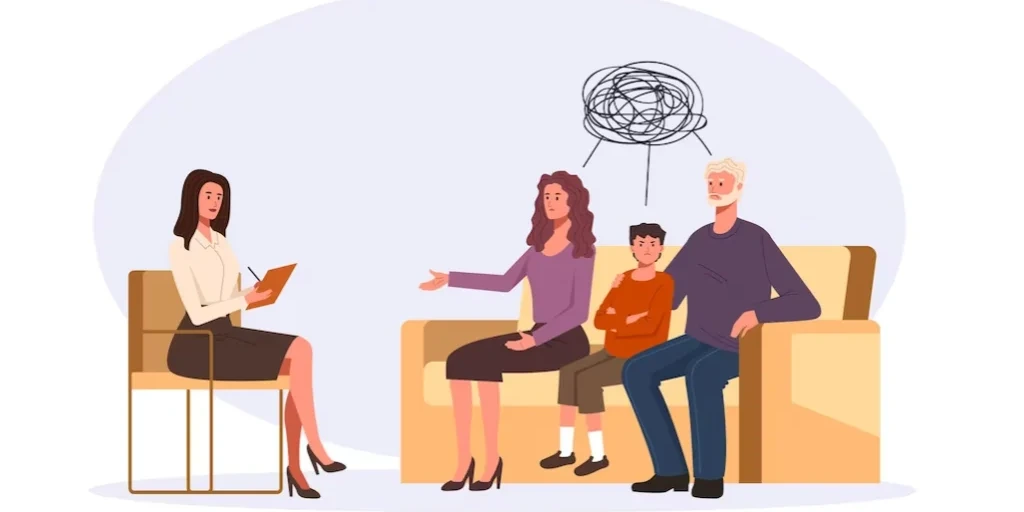When searching for rehab centers for PTSD treatment in Sacul, it’s essential to consider the qualifications of the staff members. Ideally, you want to ensure that the therapists, counselors, and medical personnel are licensed and accredited. Look for professionals with certifications specifically in trauma and PTSD treatment, such as clinical social workers (LCSW), psychologists (Ph.D. or Psy.D.), or licensed professional counselors (LPC). Additionally, seeking facilities with trained psychiatrists on staff can be beneficial, especially for those requiring medication management. Furthermore, explore the experience levels of the staff and their familiarity with various therapeutic modalities, such as cognitive behavioral therapy (CBT), dialectical behavior therapy (DBT), or EMDR. The right team can make a significant difference in the treatment process, providing essential support, understanding, and guidance throughout recovery, emphasizing the importance of choosing a center with qualified, trauma-informed practitioners.


































